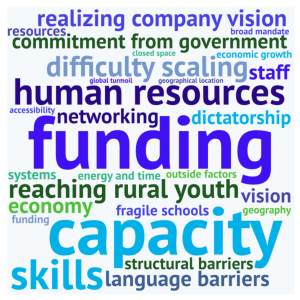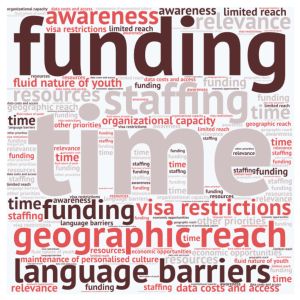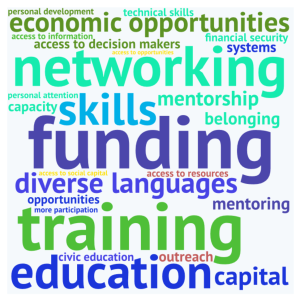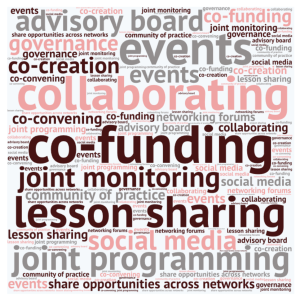About AYNM
The African Youth Network Movement (AYNM) is a network of networks that seeks to empower youth networks across Africa to collectively harness their experience, knowledge and expertise towards the development of the continent. It further aims to spur growth and prosperity, strengthen democratic governance, and enhance peace and stability across the continent.
It is led by Mrs. Graḉa Machel who has built successful movements across Africa especially in women and child rights; it is incubated under the Mandela Institute for Development Studies (MINDS).
MINDS has a special focus on youth’s active participation in and engagement with development, political and governance processes.






